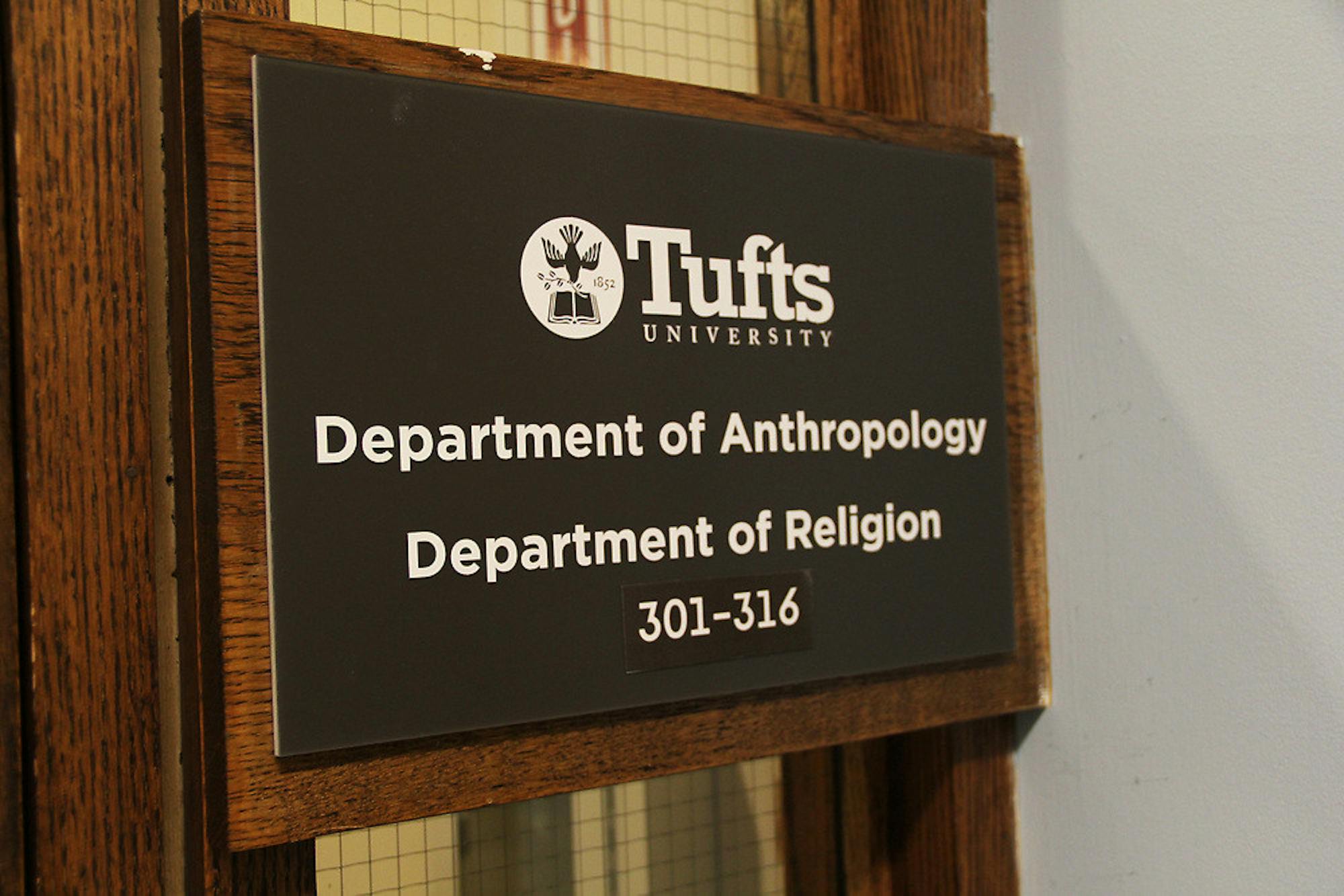Ayse Parla, an assistant professor of anthropology at Boston University, discussed her personal accounts in and research on the influence of hope and privilege on migration patterns and trends in Turkey in a book talk at 48 Professors Row on Wednesday evening.
Parla holds a Bachelor's degree in Social Studies from Harvard University and a Ph.D. in Sociocultural Anthropology from New York University.
Parla compared aspects of her current research on the experiences of Armenians living in Turkey to those documented in her first book, "Precarious Hope: Migration and the Limits of Belonging in Turkey," (2019) which focuses on the Bulgarian Turks, an ethnically Turkic group who migrated to the region of modern-day Bulgaria under Ottoman rule.
“The talk will track the unequal distribution of hope as [a] collective structure of feeling in relation to both the migration population and differentiated citizenship in Turkey,” Parla said.
Parla began the talk by describing the history of the Bulgarian Turks, over 300,000 of whom were expelled to Turkey following the fall of Soviet-controlled Bulgaria in 1989.
Parla noted that these migrants have a status in Turkey called "soydaş," which connotes shared lineage. Compared to other migrant groups, the status carries certain privileges along with it.
“Soydaş is a choice category of kinship but it is also a legal category," Parla said. "In [Turkish] laws, a ‘migrant’ is someone of Turkish origin and has ties with Turkish culture. What we’re seeing here is that a migrant under Turkish law is not defined on mutual terms but defining someone who is already soydaş. Others are considered ‘foreigner.’”
Parla elaborated, explaining that Bulgarian Turks hope to assimilate into Turkish culture and obtain Turkish citizenship, which they are not automatically granted. On account of cultural and economic factors, however, they continue to face difficulty in accomplishing both of these, according to Parla.
“I frequently heard them say, ‘in Bulgaria, we were persecuted for being Turkish, while in Turkey we’re persecuted for being Bulgarian,’" Parla said. "Citizenship, even when attained, did not bring economic security."
Parla then shifted to discussing the experience of Armenians in present-day Turkey, whom she described as the most marginalized group from an ethnic and religious standpoint, lacking even the privileges of the Bulgarian Turks. Focusing on the politics of hope, Parla said that hope is not equally distributed.
“I turn to a vignette from the election landscape to complicate the hope versus despair dichotomy and to unsettle this competent assumption that all citizens have the same investment in the same way for a country's future," Parla said.
Parla recalled that an Armenian citizen of Turkey voting on the day of a referendum expressed frustration on social media, decrying that her voting location was a school named after one of the perpetrators of the Armenian genocide.
In light of her accounts of Armenians and Bulgarian Turks, Parla concluded the talk by praising hope's ability to mobilize people such as the Bulgarian Turks. However, she warned that it could lead to overconfidence, considering the experiences of other migrant groups.
“Why must we oscillate between overconfidence and resignation?” Parla asked.
In response to an audience question regarding Bulgarian Turks' choice to migrate to Turkey instead of other European nations, Parla highlighted linguistic, historic and cultural similarities. She restated, however, the paradox of inclusive exclusion faced by this group.
Amahl Bishara, chair of the anthropology department, explained that she hopes students consider their own situations while reflecting on Parla's discussion of hope, migration and precariousness and think about our own environment.
"I think she brings all this together in a great way," Bishara said. "In addition, it's great to have students hear an author talk about her work, as her work on migrants and hope present dynamics that we can see in our own society."
BU professor discusses migration, citizenship in Turkey

The Department of Anthropology sign is pictured in Eaton Hall on Feb. 20, 2020.





